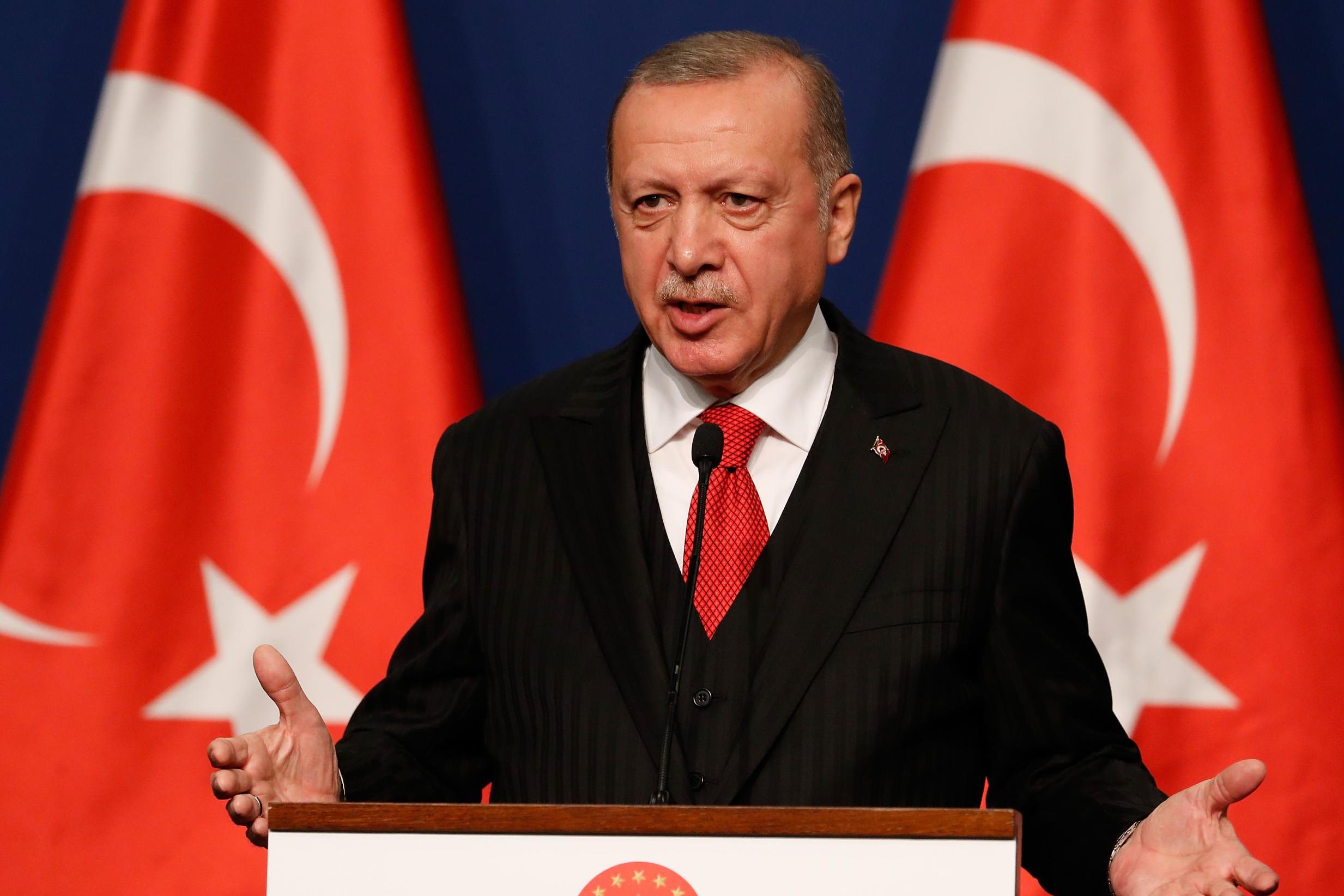Erdogan’s push for more social media laws is another step towards silencing dissent
Protecting the country's morals is the reason being used for further legislation, but it will be a big blow to activists


Your support helps us to tell the story
From reproductive rights to climate change to Big Tech, The Independent is on the ground when the story is developing. Whether it's investigating the financials of Elon Musk's pro-Trump PAC or producing our latest documentary, 'The A Word', which shines a light on the American women fighting for reproductive rights, we know how important it is to parse out the facts from the messaging.
At such a critical moment in US history, we need reporters on the ground. Your donation allows us to keep sending journalists to speak to both sides of the story.
The Independent is trusted by Americans across the entire political spectrum. And unlike many other quality news outlets, we choose not to lock Americans out of our reporting and analysis with paywalls. We believe quality journalism should be available to everyone, paid for by those who can afford it.
Your support makes all the difference.“Do you now understand why we are against YouTube, Twitter, Netflix, and other media?” Turkey’s President Recep Tayyip Erdogan asked in a televised statement early this month. “So that we can wipe out such immoralities.”
This was in reference to improper comments made on Twitter regarding his newly born grandchild. The comments were widely condemned and criticised by all parties and 11 suspects were immediately detained, with one of those later arrested.
However, the current situation in Turkey is more complicated than mere arguments of morality given the country’s long record of social media and internet restrictions. By the end of last year, 408,494 websites, 7,000 Twitter accounts, 40,000 tweets, 10,000 YouTube videos and 6,200 Facebook posts were legally blocked in the country, according to a report by the Istanbul-based Freedom of Expression Association.
In the meantime, an Internet savvy population figured out ways to circumvent restrictions by alternating their connection locations via VPNs, while social media platforms such as Twitter mostly resisted court orders relayed to them. “Twitter filed legal objections for court orders from Turkey that involved verified journalists or news outlets, arguing that those decisions may be contrary to protections of freedom of press,” a report by the platform, covering the period between January and June 2019 said. “None of those objections were successful during this reporting period.”
Now, with a draft law submitted to parliament on Monday proposing a highly regulated internet and social media environment, the ruling Justice and Development Party (AKP) seeks to change the rules of the game.
Among advised changes, foreign social media companies with high user traffic face a primary obligation to open a representative office in Turkey and address complaints from authorities within 48 hours. Any non-compliance on the companies’ part could mean measures such as reduction of their bandwidth by up to 95 per cent as well as fines up to 5 million Turkish Liras (£573,177), a circulating copy of the draft law stated.
“We already have a vastly comprehensive censorship mechanism and regulations in place, part of which even the National Lottery Administration, Religious Affairs Directorate, health ministry, Turkey’s Jockey Club, Capital Markets Board hold authority to block websites,” said Yaman Akdeniz, a cyber rights expert and professor of law at Istanbul Bilgi University.
“This new draft law is about pulling popular social media platforms into Turkey so that the government can close any account, block any content as they deem inappropriate, ” he added.
There is little doubt that internet abuse and misuse of online content are serious issues to tackle. Countries like the UK and Ireland, are relying on their existing legal framework - with possible additions. Meanwhile Turkey, along with others like Russia, Finland, and Spain have set up specific regulations. Turkish officials reference internet legislations in Germany to deflect criticisms about the decaying freedom of expression and increasing societal control that these new internet regulations represent.
“In Germany, the justice system works, there is rule of law - but not here,” Akdeniz said. “Their legislation does not include any threats to block the platforms if they failed to open offices in the country, either.”
With the majority of the mainstream media controlled by pro-government business groups, internet and social media platforms have been the breathing space for critical voices. Many feared the newly introduced obligation for platforms to store user data within Turkey would further eradicate opposition voices from public discussions when the country faced dire economic hardships and multi-faceted challenges in politics, locally and internationally.
Surveys indicate public interest is not concerned with Hagia Sophia’s reopening as a mosque despite impressive coverage today by the pro-government media showed on Friday. Instead, people want to talk about a relentless increase in unemployment and a constant depreciation of the Turkish Lira against hard currencies – subjects, which the government would seemingly rather be ignored.
With the legislation most likely to get ratified in parliament given the government’s majority, the ball is in the court of the foreign social media companies, who have so far said little.
“The only issue which remains unclear in this highly complicated equation of whether these platforms will agree to open offices here or not,” Akdeniz questioned. “Or whether they would instead categorically refuse such an anti-democratic approach and not step foot in Turkey.”
Join our commenting forum
Join thought-provoking conversations, follow other Independent readers and see their replies
Comments